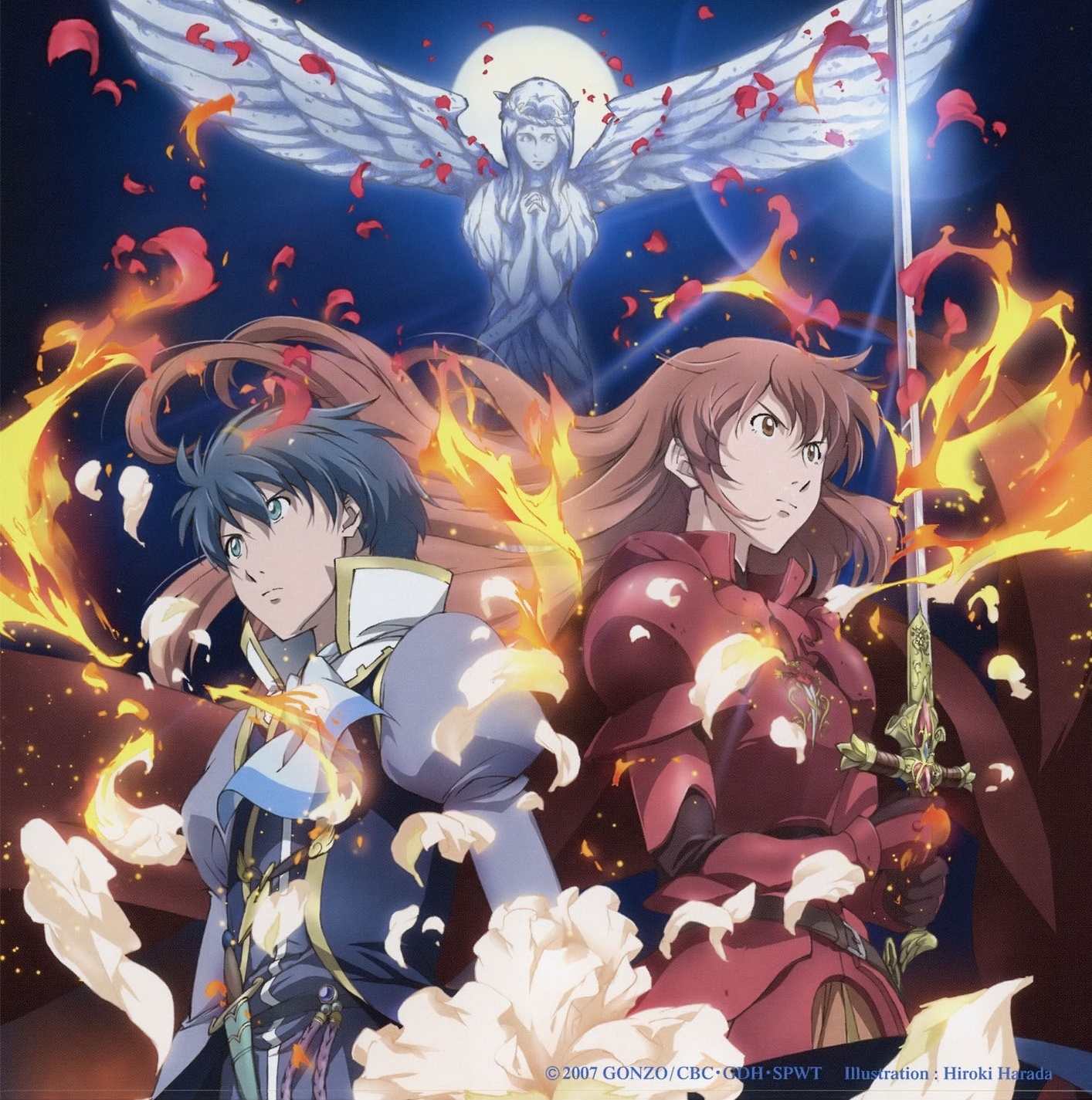

The value of this particular critical approach has been disputed ever since Claude Lévi-Strauss criticized the psychological school's tendency of "deriving clear-cut ideas from vague emotions" (101). The present paper compares Victory and Romeo and Juliet as romantic tragedies exploring the common theme of Eros and Thanatos found in both works as signifying the ambivalence of human drives and desires.īefore we proceed further, it may be prudent to first say a few things about methodology and, in particular, the use of psychoanalytic theory in the analysis of literary texts. Nevertheless, a psychoanalytic application of this archetypal conceptual opposition can be very useful in understanding Victory which is one of Conrad's more poetic works in Carl Jung's sense of seeming to encourage allegorical or symbolic readings, while also being preoccupied with the theme of erotic love. Although the conventional juxtaposition of love and death is a central concern of Shakespearean tragedy and a commonplace of Renaissance art in general, it is not usually associated with Conrad's work, which tends to take a more realistic perspective on psychological phenomena. But Gillon connects this more with the symbol of the heart rather than with pursuing its far more interesting bearing on the erotic theme in both works and the lovers' death wish, which he nevertheless admits is presented "as part of love's fulfilment" (113).

romantic tragedy in this otherwise very comprehensive essay are concluded with a note to the centrality of the dagger image in both Victory and Romeo and Juliet. The scant references to Shakespeare's celebrated.

However, in the hundred or so pages of Gillon's study, Romeo and Juliet is only referred to four times and mostly in passing.

In his extended essay "Joseph Conrad and Shakespeare," Adam Gillon has meticulously traced an impressive array of textual and thematic parallels between Conrad's major works and virtually the whole Shakespearean canon.


 0 kommentar(er)
0 kommentar(er)
